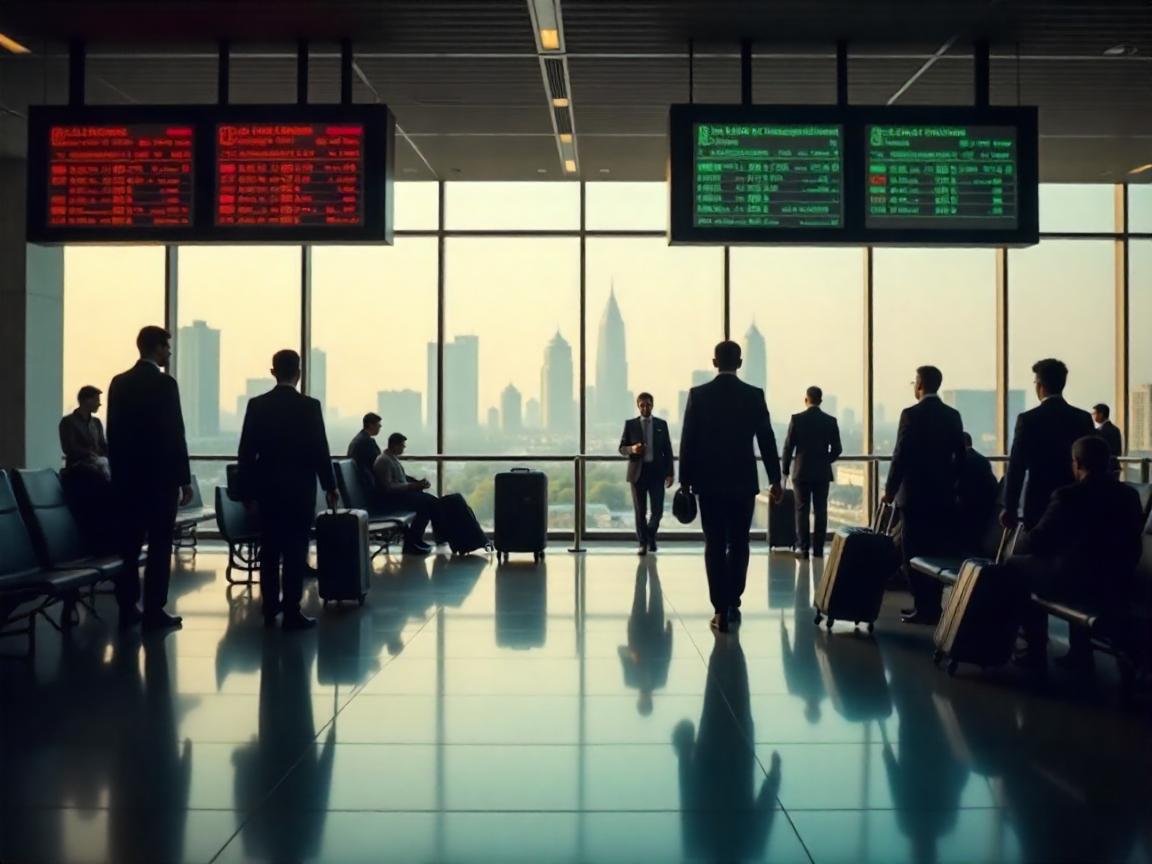≡-Escalating Middle East Conflict Forces Evacuations, Travel Bans, and Bank Pullouts as Regional Tourism and Business Stability Crumble, New Update for You – Viral of Today
<> Viral of Today <>
Home
»
Japan Travel News
»
Escalating Middle East Conflict Forces Evacuations, Travel Bans, and Bank Pullouts as Regional Tourism and Business Stability Crumble, New Update for You
Monday, June 23, 2025
The escalating Middle East conflict is now triggering a dangerous domino effect. With tensions surging, evacuations have begun. Global firms are enforcing travel bans. Major bank pullouts are unfolding fast. Meanwhile, regional tourism takes a sharp hit. And now, business stability is starting to crumble. This isn’t just another crisis—it’s a boiling point with global consequences. Each update reveals more urgency, more chaos. The Middle East, once a rising financial and tourism powerhouse, is now gripped by fear and disruption. Every move feels critical. Every decision is reactive. What started as political tension has now morphed into a full-blown economic threat. And there’s a new update for you—a deeper layer of the unfolding chaos you haven’t seen yet. The real question: how far will this go? Read on to uncover the latest shockwaves shaking the heart of the region.
Crisis in the Middle East Sends Shockwaves Through Travel and Finance Sectors
The Middle East’s rising ambitions to become a global hub for finance and tourism now face a severe stress test. With military conflict escalating in Iran and Israel, a growing number of multinational banks and corporations are initiating emergency evacuations, grounding non-essential travel, and placing regional expansion plans on hold.
The latest escalation—U.S. airstrikes on Iranian nuclear facilities—has rapidly turned a geopolitical standoff into a full-scale regional crisis. The fallout is immediate. Airlines are reviewing flight paths, hotels are seeing early checkouts, and financial firms are activating contingency plans to get staff out of harm’s way.
For an industry that thrives on confidence, the timing could not be worse.
Evacuations Signal Breakdown of Regional Safety Assumptions
Major Japanese financial institutions, including Sumitomo Mitsui, Mitsubishi UFJ, and Mizuho, have begun withdrawing staff and family members from countries like Iran, Qatar, the UAE, and Saudi Arabia. These nations, previously seen as pillars of regional stability, are now under intense scrutiny as potential flashpoints.
Wall Street titan JPMorgan has also restricted employee travel across the region, limiting movement to essential-only visits. Goldman Sachs has pivoted to remote operations in Israel. Other global firms are expected to follow.
This marks a dramatic reversal for the region. For years, Middle Eastern powerhouses like Saudi Arabia and the UAE have aggressively marketed themselves as safe, forward-thinking alternatives to traditional financial centers in the West and Asia. Lavish incentives, modern infrastructure, and relaxed business regulations had begun drawing asset managers, fintech startups, and hotel developers in droves.
But war changes everything.
Travel Industry Faces Mounting Pressure
The sudden surge in hostilities is causing ripple effects across every corner of the travel industry. Airlines are re-routing or canceling flights through Middle Eastern airspace. International carriers fear the risk of missile activity and restricted air corridors.
Airlines operating in and out of cities like Dubai, Doha, and Riyadh are reviewing operational risk profiles. Flight schedules into Iran have already seen mass cancellations. Business class bookings have plunged. VIP travelers are scrambling to reschedule or avoid the region altogether.
Meanwhile, global hotel chains in the Gulf are seeing a growing number of cancellations from both corporate and leisure travelers. Major hotel operators in Riyadh and Dubai are quietly preparing contingency staffing plans in case the crisis deepens.
Concierge services, luxury tour providers, and even conferences scheduled in the coming weeks are seeing attendees withdraw.
Strategic Damage to Regional Tourism and Economic Diversification
At the core of this emergency lies a much deeper concern: the potential unraveling of years of strategic work to diversify Middle Eastern economies beyond oil.
Saudi Arabia’s Vision 2030 and the UAE’s global tourism roadmap were designed to attract not just tourists, but financial institutions, digital nomads, and global investors. The goal was clear—reshape the region’s image from volatile to visionary.
However, current events now jeopardize that transformation. Investors are rattled. Travelers are wary. Businesses are reevaluating risk exposure.
What was once viewed as a “safe zone” in an otherwise tense region now feels uncertain. And that uncertainty threatens long-term investment.
Risk Management Becomes Top Priority for Global Firms
Private banks like Bank of Singapore are now leading the charge in caution. The firm has suspended all non-essential travel to and from Dubai—one of the most high-profile cities in the Gulf and a major base for financial talent.
Institutions are shifting into full risk-management mode. Crisis response teams are active. Some firms are preparing to activate business continuity plans that include relocating key staff to Europe or Asia temporarily.
The emotional toll is also rising. Families of expats living in the region are being offered voluntary evacuations. Anxiety levels are high, especially for employees with children in international schools or partners working in local industries.
A Growing Divide Between Ambition and Reality
Until now, the Middle East had positioned itself as the future of global commerce—a central bridge between East and West. However, the current crisis exposes how fragile that vision can be under the weight of war.
Tourists who once flocked to Dubai’s luxury malls, Qatar’s futuristic museums, or Saudi Arabia’s Red Sea resorts are now watching from afar. Business travelers are questioning the safety of upcoming trips. Even digital nomads, once drawn by generous visa options, are reconsidering their plans.
This doesn’t just affect airlines or banks. The region’s image as a reliable destination—whether for business, leisure, or relocation—is now under threat.
What Comes Next for the Region?
No one can predict how long the current military escalation will last. But the immediate damage to the travel and finance sectors is undeniable.
Recovery, when it begins, will require a massive rebuilding of trust. Tourists will need assurance of safety. Financial firms will demand policy stability. Airlines and hotels will look for incentives to return.
Until then, the Middle East faces a reckoning. War has brought back the very narrative it spent years trying to erase: that this is a high-risk region.
In a world that values predictability, that’s a hard sell.
Tags: airline disruption, business travel ban, Dubai, Gulf tourism crisis, hotel cancellations, iran, Israel, JPMorgan, Middle East, Middle East Tourism, Mitsubishi UFJ, Mizuho, New York, QATAR, Regional Instability, Riyadh, saudi arabia, Sumitomo Mitsui, Tehran, Tokyo, Travel Safety, UAE, Vision 2030
This information will surprise you!
See also
- Read until the end to discover everything.
- Important information you need to know.
- Interesting facts and helpful tips.
Conclusion
Did you enjoy the news? Keep following us daily!













